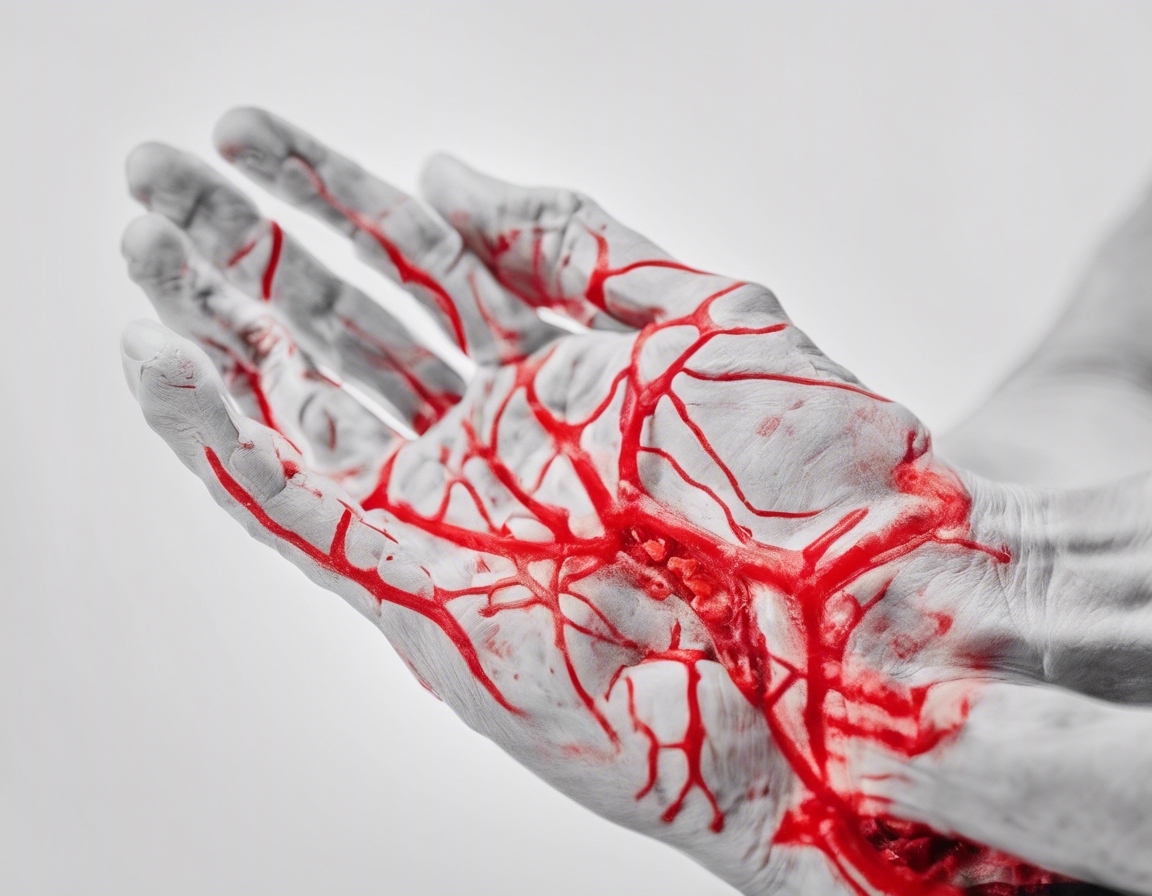The power of empathy in healing
Empathy is the ability to understand and share the feelings of another. It is a cornerstone of human connection and a powerful tool in the healing process. Empathy involves more than just sympathy; it is an active engagement with another person's emotional state.
Empathy plays a crucial role in healing as it fosters a supportive environment where individuals feel understood and valued. This emotional support can significantly enhance the efficacy of treatment and recovery.
The Science Behind Empathy and Physical Health
Research has shown that empathy can activate neural pathways associated with pain relief and emotional regulation. This suggests that empathy can have a direct physiological impact on healing.
Empathetic care has been linked to better pain management. Patients who perceive their healthcare providers as empathetic often report lower pain levels and higher satisfaction with their care.
Empathy can also play a role in stress reduction, which is vital for immune system function. Lower stress levels can lead to improved health outcomes and faster recovery times.
Empathy in Mental and Emotional Well-being
Empathy is essential in building trust and safety within therapeutic relationships. When patients feel understood, they are more likely to open up and engage in the healing process.
Empathetic interactions can significantly impact mental health recovery by providing emotional support and validation, which are critical components of psychological healing.
Self-empathy is also important for healing. Learning to be kind and understanding towards oneself can help in overcoming personal challenges and fostering resilience.
Integrating Empathy into Movement Therapies
Empathy can enhance the effectiveness of movement therapies by creating a more personalized and responsive treatment plan. Empathetic guidance helps tailor therapy to the individual's emotional and physical needs.
Techniques such as active listening and emotional mirroring can be integrated into movement therapy to enhance the therapeutic experience and promote healing.
Developing Empathy Skills for Healing
There are practical exercises that individuals and healthcare professionals can undertake to enhance empathy, such as role-playing and perspective-taking activities.
Healthcare professionals can benefit from empathy training to improve patient care and treatment outcomes. Such training can include workshops, reflective practice, and communication skills development.
Mindfulness practices and self-reflection are effective ways to develop empathy. They encourage a greater awareness of one's own and others' emotions, leading to more empathetic interactions.






Comments (0)